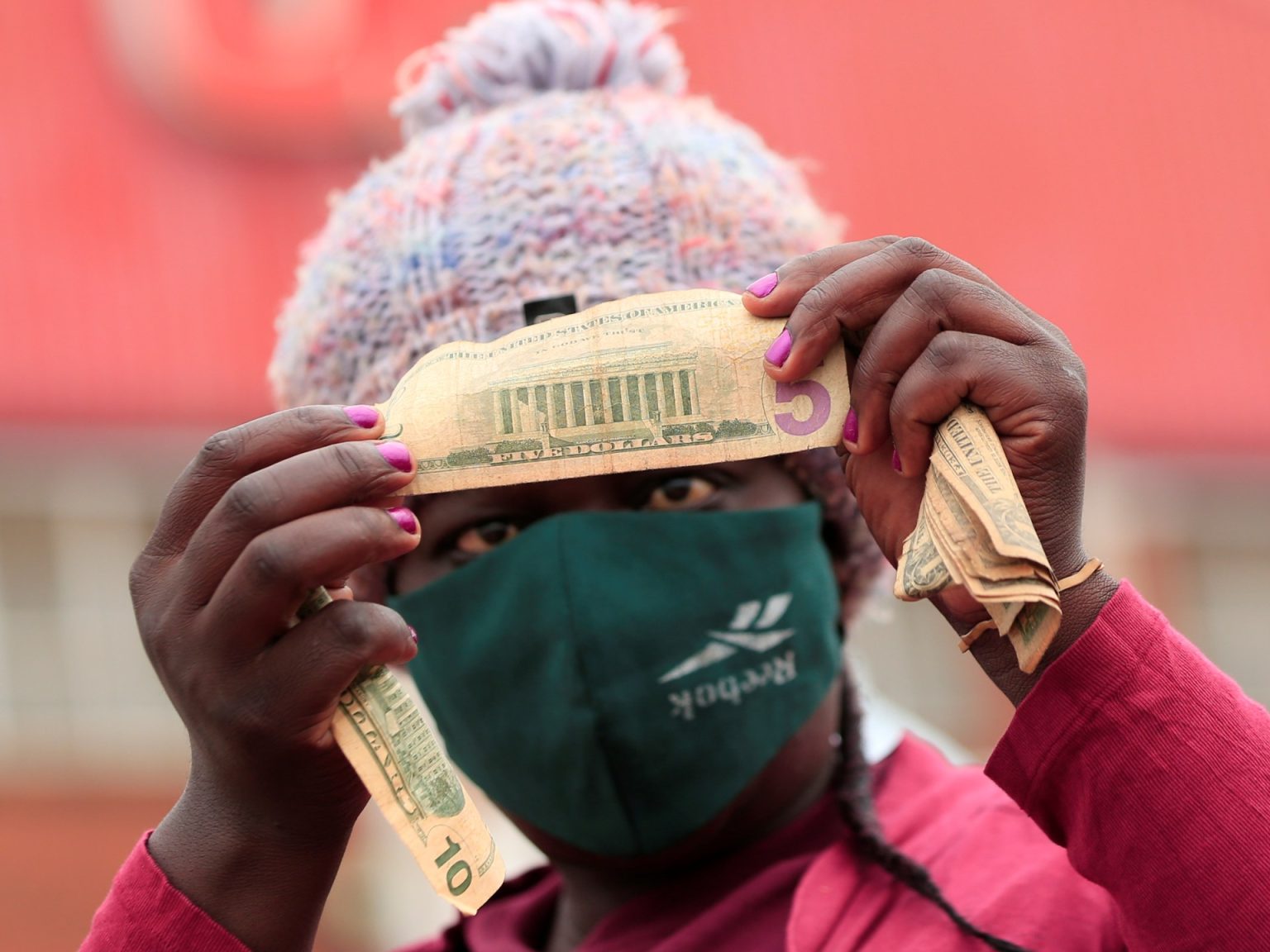The economic crisis in Zimbabwe has led to a thriving black market for foreign currency, particularly the US dollar, which is widely accepted across the country. In an attempt to stabilize the economy, the central bank introduced a new currency, Zimbabwe Gold (ZiG), and cracked down on informal forex dealers. This move led to dealers going underground and getting creative with their methods of conducting business, such as moving their operations online through messaging apps like WhatsApp.
Despite the police crackdown and arrests, forex dealers have found ways to continue working and earning a living. They use WhatsApp groups to stay connected, share information about police movements, and conduct transactions with clients. By using end-to-end encryption and being cautious about discussing sensitive information over the phone, dealers are trying to avoid detection by the authorities while still providing their services to customers.
Street forex traders in Zimbabwe have adapted to the challenges they face by using technology and forming a close-knit community to support each other. They have set up makeshift offices away from their usual spots and communicate through WhatsApp to continue their business operations. While the crackdown on informal forex dealers has caused some disruptions, dealers remain optimistic that they will weather the storm and continue to serve their clients.
The devaluation of the new Zimbabwe Gold currency against the US dollar has raised concerns about the lack of confidence in the local currency and the impact of black market forex dealers on its value. Economists and critics point to the central bank’s actions as contributing to the currency crisis by flooding the market with local currency and creating an oversupply that fuels inflation. Despite efforts to control the situation through arrests and crackdowns, experts believe that more comprehensive measures are needed to address the underlying issues of confidence in the local currency.
While the authorities’ crackdown on informal forex dealers may be seen as a temporary solution to the currency crisis, economists caution that it is not a sustainable approach. Arresting dealers will not restore confidence in the local currency or address the fundamental issues affecting the economy. Critics argue that the government and central bank need to adopt more effective strategies to rebuild trust in the local currency and stabilize the economy. The ongoing economic challenges in Zimbabwe highlight the need for comprehensive and sustainable solutions to address the root causes of the currency crisis and restore confidence in the financial system.


